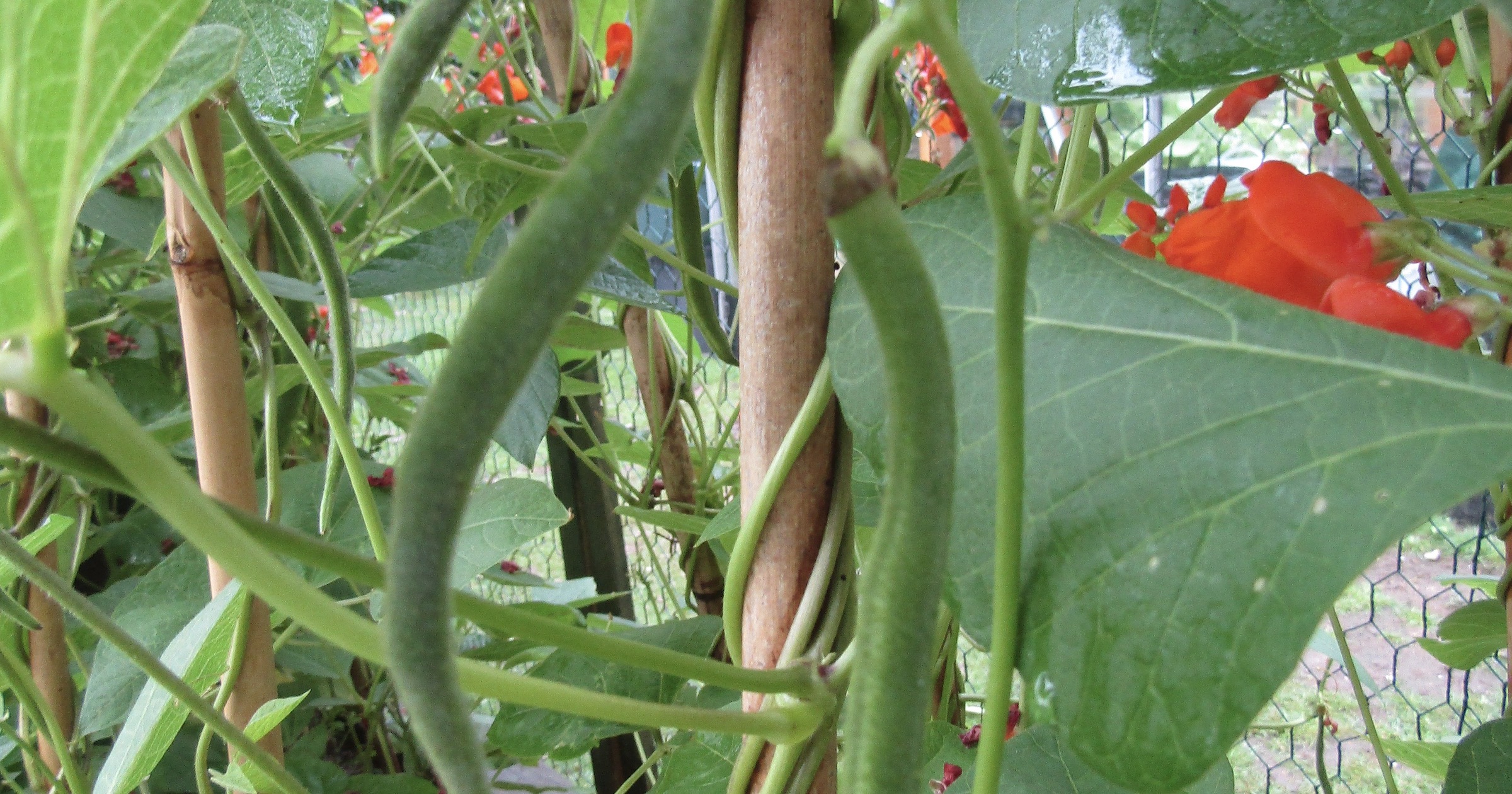 Life Sciences
Life Sciences
 Neuroscience & Mind
Neuroscience & Mind
Researcher Says Plants May Be Conscious, Too

At one time, claims for animal consciousness and/or intelligence focused on, say, chimpanzees and dolphins, where the animals were enough like humans that what is meant by intelligence or consciousness was clear. Maybe not clear enough for a philosopher but clear enough for practical purposes. The octopus’s intelligence came as a bit of a surprise because it is an invertebrate. But these comparisons with mammals and birds showed that we were still talking about the same thing.
We are now told in science publications that bees feel and think and that spiders dream. As science edges slowly toward panpsychism (all life forms participate in consciousness), we even learn — in science journals — that viruses are intelligent and cells are cognitive.
The Race Is On
So who would now be surprised by the race to demonstrate that plants are conscious? University of Murcia researcher Paco Calvo, described at ResearchGate as a “a leading figure in the philosophy of plant behavior and signaling,” has developed, with colleagues, what he argues is a test of consciousness for plants:
First, they ask if the behavior is flexible and proactive; second, they ask if that behavior is anticipatory; finally, third, they determine if that behavior is goal-oriented.
MAGGIE HARRISON, “NEW EXPERIMENTS EXAMINE WHETHER PLANTS MIGHT BE CONSCIOUS BEINGS” AT THE BYTE AUGUST 27, 2022
They think they have discovered what they are looking for in climbing bean plants:
Together with Vicente Raja at the Rotman Institute of Philosophy in London, Canada, they used time-lapse photography to document the behaviour of 20 potted bean plants, grown either in the vicinity of a support pole or without one, until the tip of the shoot made contact with the pole. Using this footage, they analysed the dynamics of the shoots’ growth, finding that their approach was more controlled and predictable when a pole was present. The difference was analogous to sending a blindfolded person into a room containing an obstacle, and either telling them about it or letting them stumble into it.
“We see these signatures of complex behaviour, the one and only difference being is that it’s not neural-based, as it is in humans,” Calvo said. “This isn’t just adaptive behaviour, it’s anticipatory, goal-directed, flexible behaviour.”
LINDA GEDDES, “FOOD FOR THOUGHT? FRENCH BEAN PLANTS SHOW SIGNS OF INTENT, SAY SCIENTISTS” AT THE GUARDIAN (JANUARY 8, 2021); THEIR PAPER, PUBLISHED IN SCIENTIFIC REPORTS, IS OPEN ACCESS.
Wait. Boston Dynamics could program a robot to do all that. Does the program make the robot conscious?
Plants Under Anesthesia
Calvo also points to touch-me-nots and Venus flytraps, which can be anesthetized using conventional medical anesthetics. He asks,
If plants can be “put to sleep”, does this mean they exist in a state of awareness that is shut off by anaesthetics? Might we consider this state to be a kind of sentience, a subjective internal experience? If so, do plants have some form of consciousness? These are controversial ideas, but Calvo and a small group of plant behaviour researchers take them seriously. Their findings so far, though tentative, could disrupt our understanding of consciousness — not to mention our attitudes towards plants.
NATALIE LAWRENCE, “THE RADICAL NEW EXPERIMENTS THAT HINT AT PLANT CONSCIOUSNESS” AT NEW SCIENTIST (AUGUST 24, 2022)
Perhaps it just means that the chemical slows plants down as well as people.
Read the rest at Mind Matters News, published by Discovery Institute’s Bradley Center for Natural and Artificial Intelligence.
